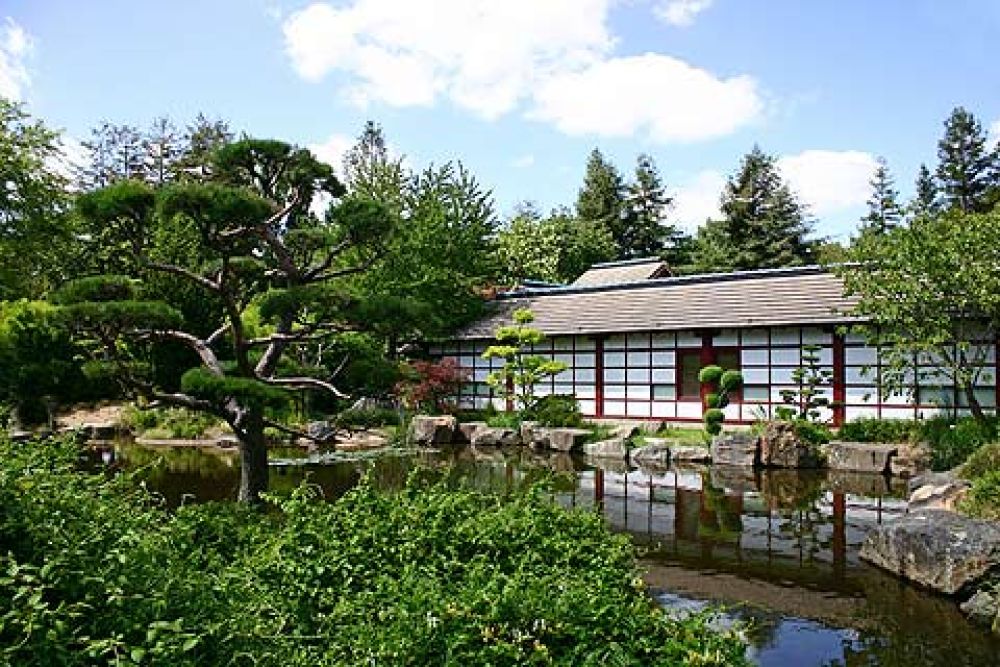

The Ile de Versailles, located in the heart of Nantes, France, is a testament to the city's rich history and its evolving relationship with tourism. The area was originally a series of marshy islets in the Erdre River, largely undeveloped until the 19th century when the city began major urban projects. The islets were consolidated into one landmass known as Ile de Versailles in 1831, named after the world-famous Palace of Versailles.
The tourism history of Ile de Versailles is closely tied to the island's transformation. By the turn of the 20th century, it had started to attract visitors thanks to its convenient location near the city center and its pleasant riverside environment. After World War II, Nantes sought to revitalize areas damaged during the conflict, leading to further development of the Ile de Versailles.
In 1983, the land witnessed a major transformation into a Japanese-themed park, designed by architect Alexander Chemetoff. This move was pivotal in establishing the island as a significant tourist attraction, drawing admirers of Japanese gardens and culture from around the world.
Today, Ile de Versailles is a haven of tranquility amid the urban landscape of Nantes. It boasts landscaped gardens, serene water features, and traditional Japanese structures, such as an authentic teahouse, bridges, and lanterns. The island stands out as an example of successful urban redevelopment and a unique blend of cultural influences.
The latest tourism trends show a growing interest in sustainable and experiential travel. Visitors are not just looking to see the sights; they want to immerse themselves in local cultures and have authentic experiences. Accordingly, the Ile de Versailles offers educational workshops in Japanese art, concerts, and cultural events that allow tourists to deepen their understanding and enjoyment of the Japanese influence on French soil.
Furthermore, the tourism industry in Nantes has embraced digital technology. Interactive maps and smartphone applications are available to enhance visitors' experiences on the island. There are also offerings for eco-friendly tours, focusing on preserving the serene and natural beauty of the island, in alignment with global sustainability trends.
The development of Ile de Versailles has had a positive impact on the local community, generating employment opportunities and boosting the economy through tourism. It has also become a beloved spot for local residents, serving as an urban escape and a space for various community events throughout the year.